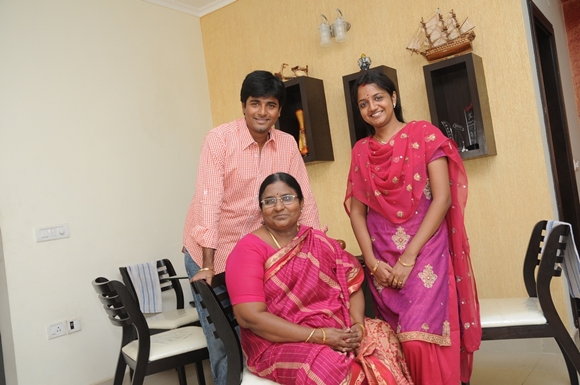[ad_1]

A widower wants the High Court to let him have a baby using an embryo created with his dead wife’s eggs, his sperm and a surrogate mother.
Ted Jennings, 38, of north London, has asked a judge if it is lawful to use the leftover embryo – created in 2018 during IVF treatment before his wife died – “in treatment with a surrogate mother”.
Lawyers for the Human Fertilisation and Embryology Authority have argued that without his late wife’s written consent, it is not legal, and the case should be dismissed.
The court heard that the investment manager’s wife Marie Choya died aged 40 in 2019.
The couple, who married in 2009, had struggled to conceive naturally and had IVF cycles in 2013, 2014 and 2017 without success.
Ms Choya conceived naturally in 2015 and 2016 but both pregnancies ended in miscarriage, the Family Division of London’s High Court was told.
After re-mortgaging their home, the couple underwent a final round of IVF privately, which resulted in a pregnancy in 2018.
But after developing complications at 18 weeks, Ms Choya’s uterus ruptured and she died in February 2019.
Jenni Richards QC, for Mr Jennings, told the judge: “The evidence is that Ms Choya would have wanted Mr Jennings to be able to use their partner-created embryo in treatment with a surrogate in the event of her death.
“In all the circumstances, it can, and should, be inferred that Ms Choya would have provided written consent to Mr Jennings being able to use their partner-created embryo in treatment with a surrogate in the event of her death had she been given the opportunity to do so.”
‘No opportunity to provide written consent’
She added that Ms Choya “had no opportunity, through no fault of her own, to provide that consent in writing.”
More from Sky News:
Baby P’s mother set to be released from prison
Police officers dismissed for having sex while on duty
Kate Gallafent QC, who led the Human Fertilisation and Embryology Authority’s legal team, argued that without written consent it would not be lawful to use the embryo.
She said the authority was sympathetic and told the judge that its “sole interest” was to “promote compliance” with a “statutory scheme”.
Judge Mrs Justice Theis said she aimed to deliver a written ruling in the near future.
[ad_2]








